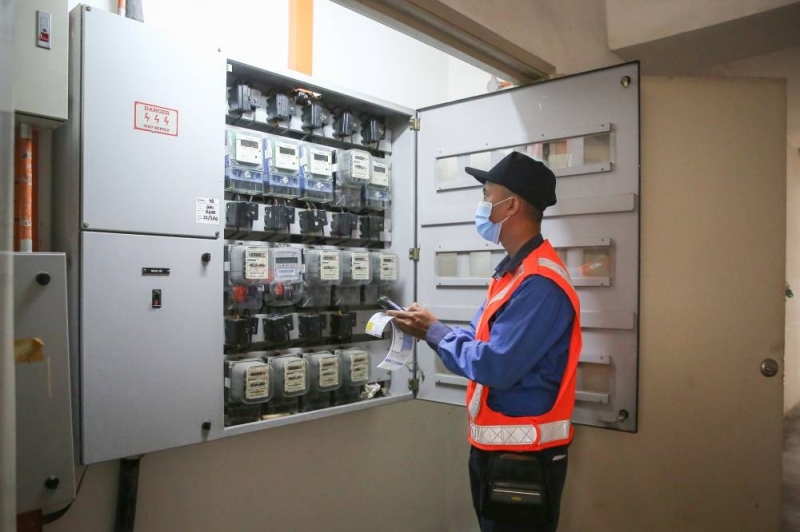
PUTRAJAYA, — Over 656,000 electricity consumers in Sabah and Labuan will not be affected by tariff increase from January 1 until June 30, 2023 following the Imbalance Cost Pass-Through (ICPT) implementation.
The Energy Commission (ST) in a statement informed that domestic and non-domestic consumers who are exempted from the ICPT surcharge comprise micro, small and medium enterprises (PMKS) in the low voltage commercial tariff category
Meanwhile, non-domestic consumers in Sabah and Labuan consisting of commercial and industrial consumers will be charged the full ICPT surcharge at a rate of 10.04 sen per kilowatt hour (kWh).
“The government is allocating RM212.20 million in subsidy over the six-month period to cover the cost of power generation and ensure that there is no tariff increase,” ST said here today.
ST informed that in the ICPT review from July 1 to December 31 there was an increase in fuel costs and electricity generation costs estimated at RM292.05 million or equivalent to the ICPT surcharge at a rate of 10.04 sen/kWh.
The increase in cost is due to the increase in the cost of diesel fuel and medium fuel oil (MFO) which is part of the fuel for electricity generation in Sabah and Labuan, in addition to natural gas, resulting from the global energy crisis which is beyond the government’s control.
In a separate statement, ST informed that domestic consumers in the Kulim High Technology Park (KHTP) are also exempted from the ICPT surcharge rate and will not experience an increase in electricity tariff for the same six-month period until June 30, 2023.
Meanwhile, the ICPT surcharge of 8.19 sen/kWh is fully waived for non-domestic consumers.
For the ICPT review period from July 1 to December 31, 2022 there was a higher increase in fuel costs and generation costs at KHTP amounting to RM76.02 million or equivalent to the ICPT surcharge at a rate of 8.19 sen/kWh due to the increase in fuel costs in the global market.
The public is encouraged to use electricity wisely through the use of energy-efficient electrical appliances, ensure that switches are off when not in use and perform regular routine maintenance on electrical equipment.
According to ST, the effort indirectly encourages consumers to contribute to the reduction of the country’s carbon footprint in line with the National Energy Policy 2022-2040. — Bernama